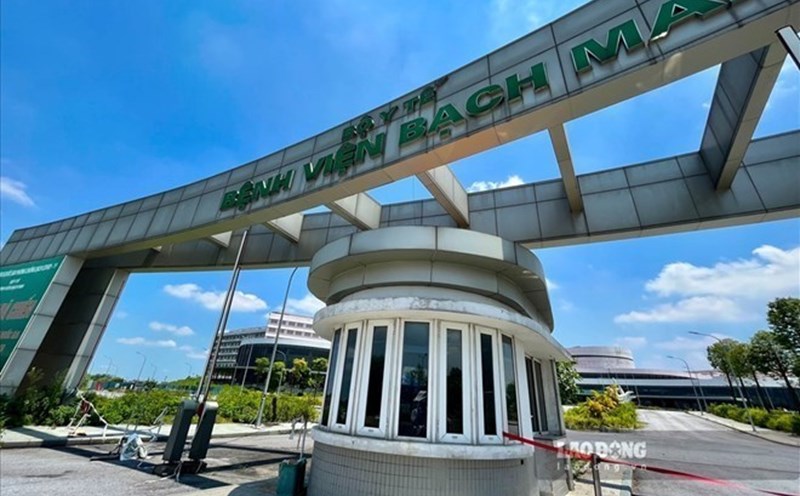The European Union sanctions include freezing assets of the Iranian Central Bank and related financial institutions, sanctioning imports of crude oil and gold, limiting the export of maritime equipment, as well as imposing travel ban on a number of Iranian officials.
The United Nations has also approved the reimposing of an arms ban and other measures against Iran. The decision was driven by the E3 group - UK, France and Germany - when they said that Iran was seriously violating its commitments on transparency and nuclear oversight.
In the EU's statement, the bloc stressed that the diplomatic door is still open, but Iran must comply with monitoring conditions, cooperate with the International Atomic Energy Agency (IAEA) and prevent excessive uranium enrichment.
However, Iran has strongly opposed it. Iran's foreign minister warned that if the measures are activated, the country could withdraw from the monitoring agreement with IAEA and have "appropriate" reactions. Iran has recalled the ambassador from the E3 group for consultation regarding the reimposing sanctions mechanism.
The reimposing of sanctions could push the relationship between Iran and the West into a new period of tension, deepening the economic crisis and putting pressure on the country's civilians. At the same time, it also poses a major challenge for future nuclear negotiations.
Iran will face limited access to international finance and loss of ability to trade in oil and gold - key sources of income. In fact, in recent years, Iran has suffered many international sanctions, causing the domestic currency to plummet and inflation to increase.
However, will the EU achieve its goal of forcing Iran to make a concession or will it create a "pie for thepiece" reaction that leads to an escalation of political conflict? Regardless of the choice, European countries and the international community are facing an important turning point in their response to Iran's controversial nuclear program.










